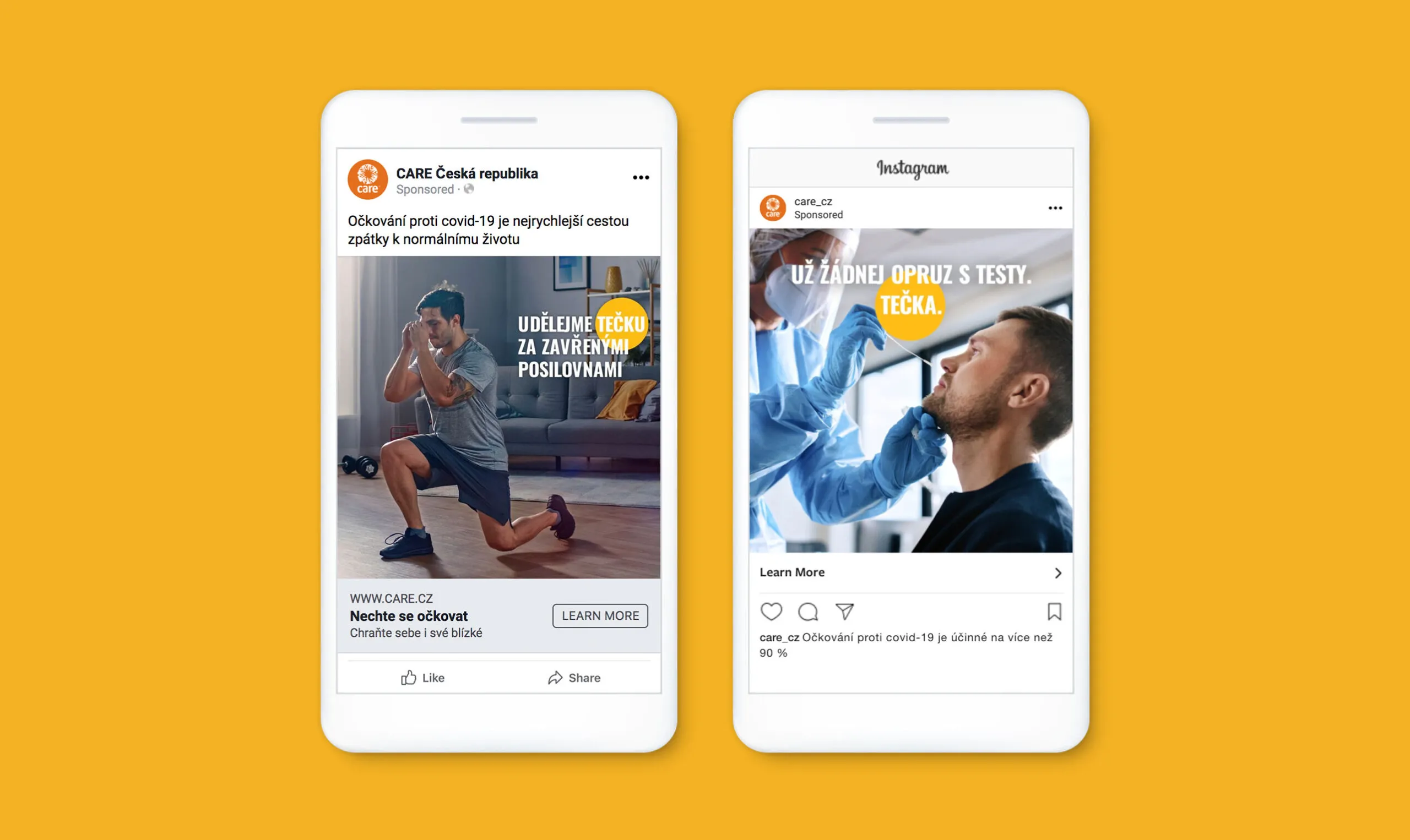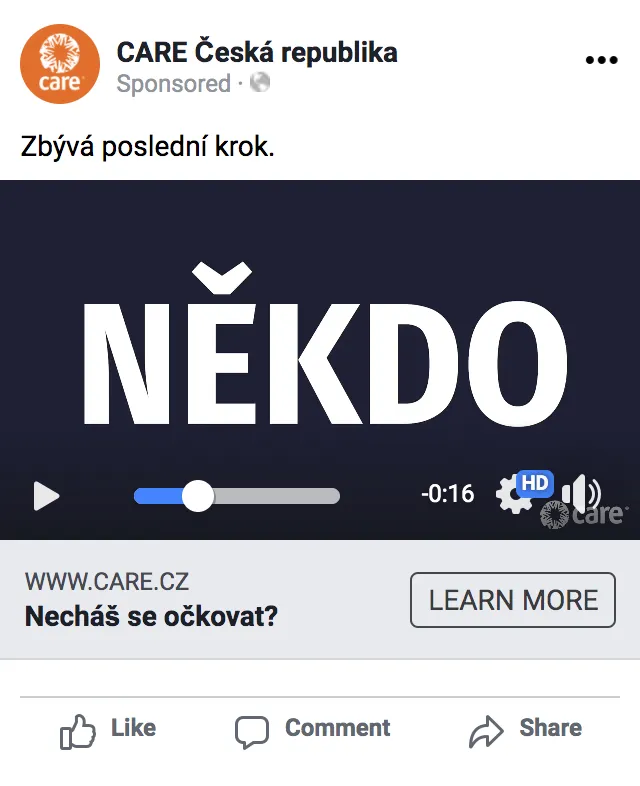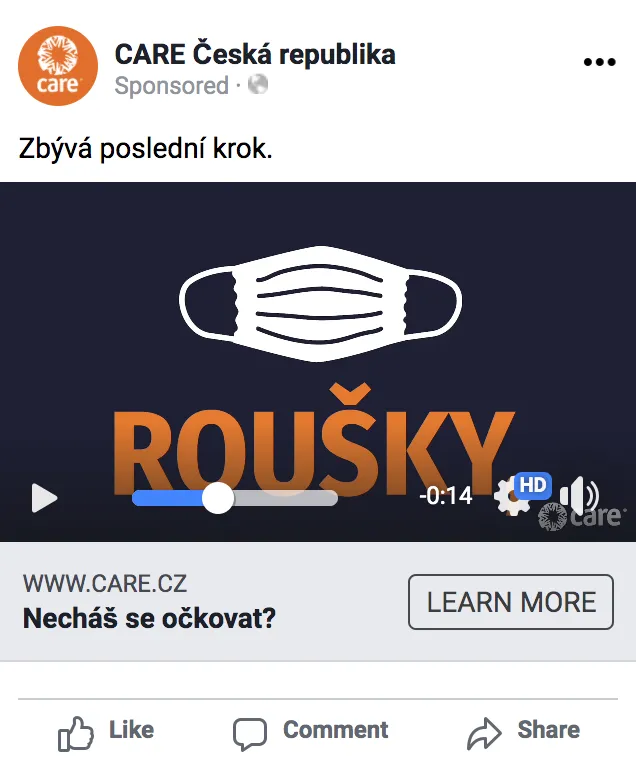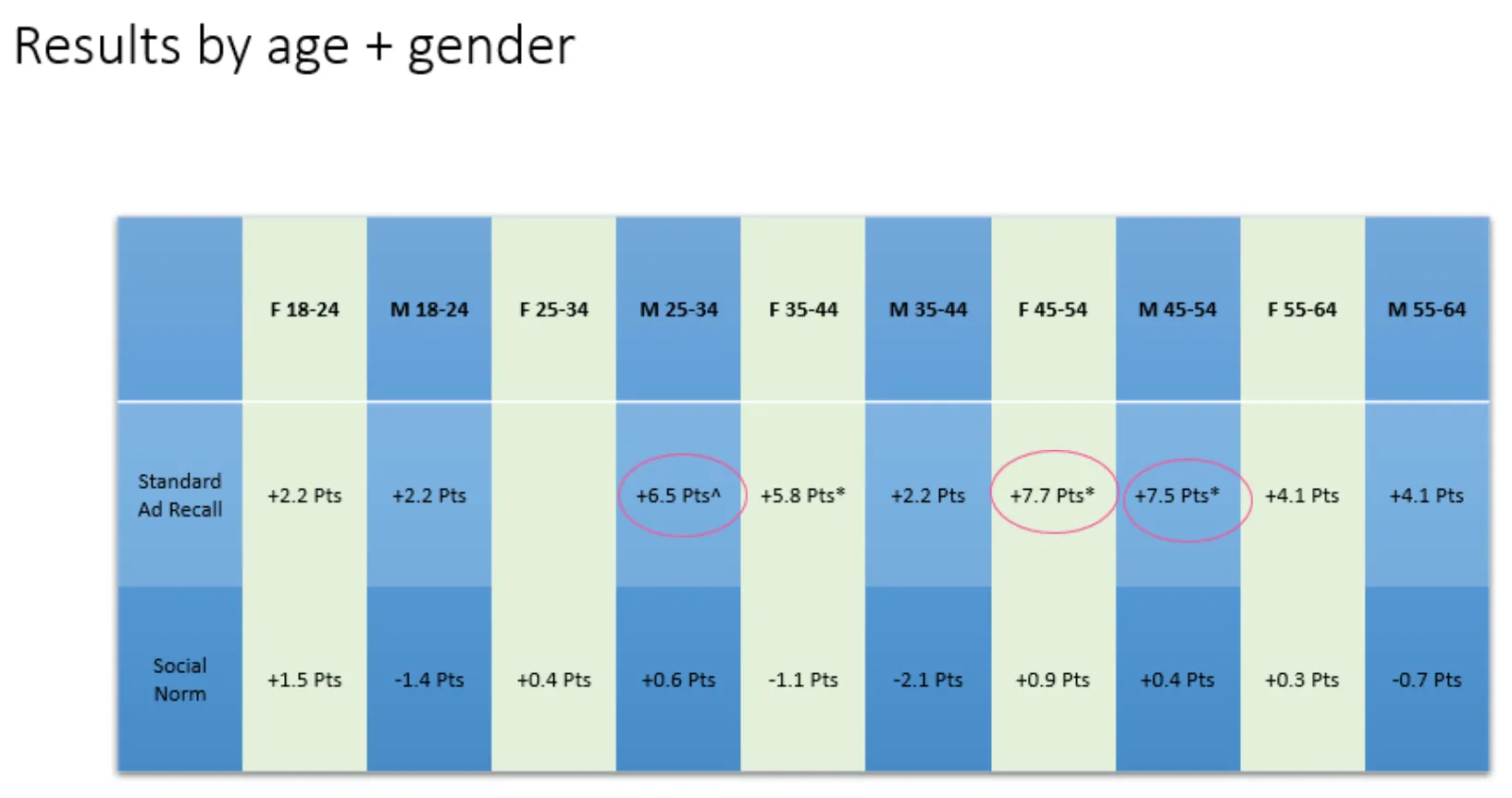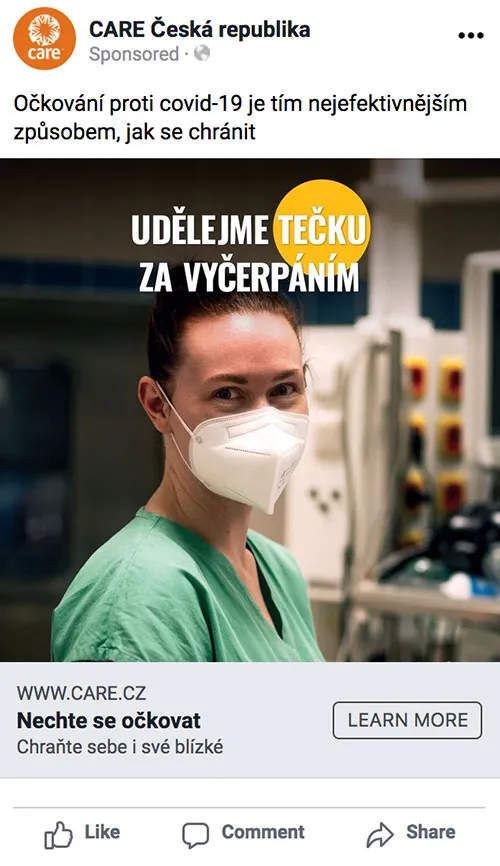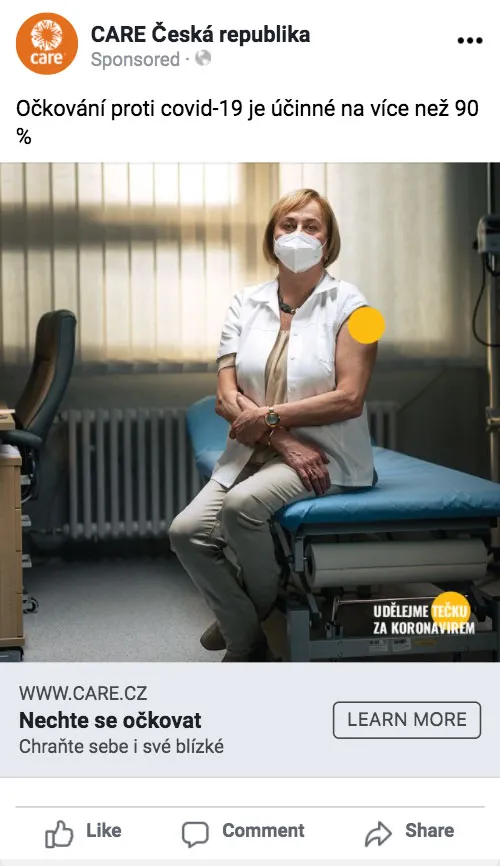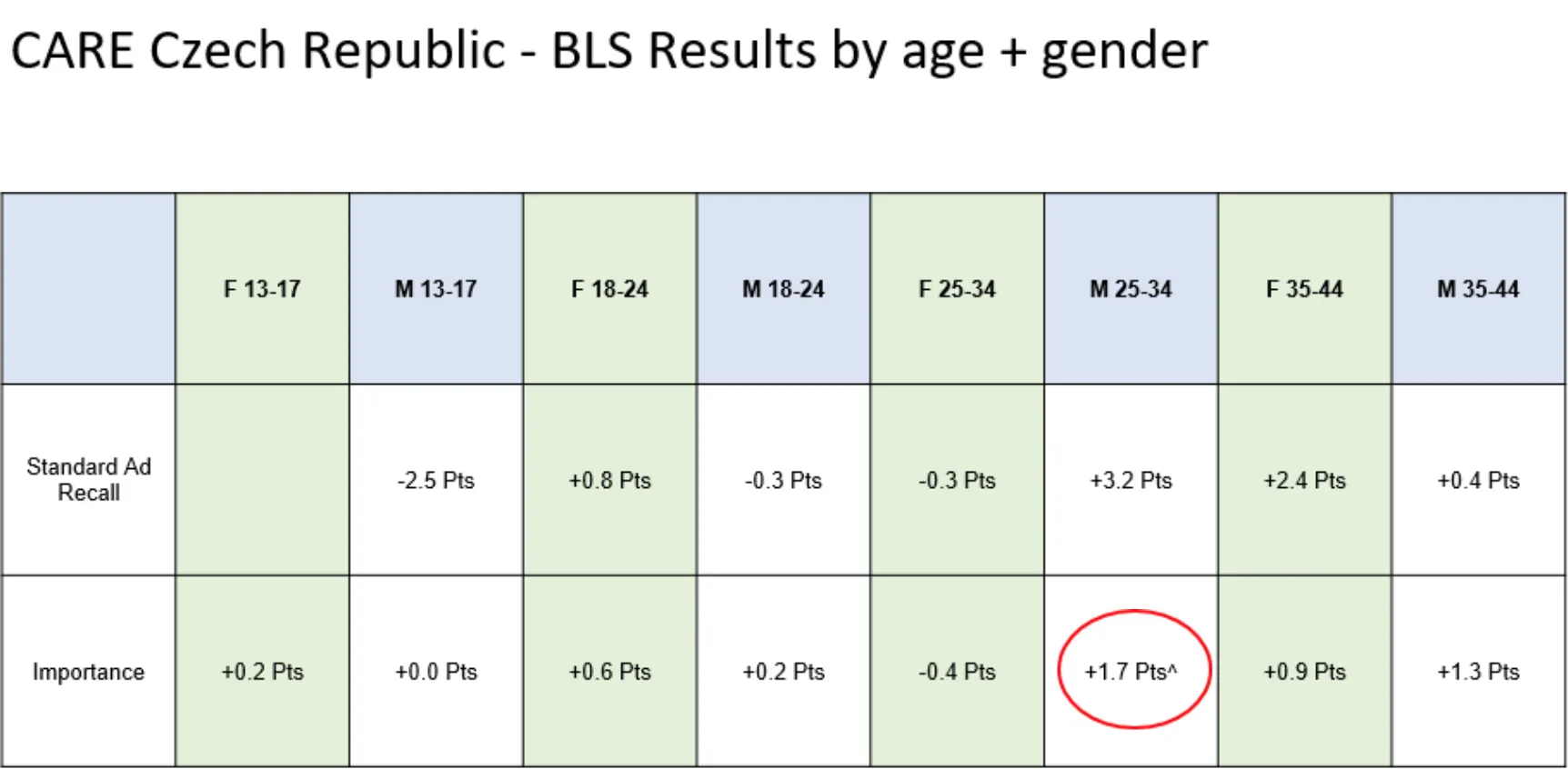Letting people know that their problems are well-understood and offering a final solution were proven effective in the initial phase of the campaign conducted by the government at the beginning of 2021.
Round 2: The power of precise timing
The second round of the CARE CZ campaign using the government’s trusted messenger approach was carefully planned and launched in August 2021. Technically, the campaign performed well based on BLS findings. However, this time national context and external impact strongly affected the campaign results.
People in the Czech Republic were enjoying a peaceful summer with almost no restrictions, let alone lockdowns. Moreover, with important national elections coming up, media were suddenly full of political campaigning focused on topics unrelated to COVID, leaving the pandemic all but forgotten.
Sadly, that’s the very moment that CARE CZ’s trusted messengers campaign was launched and delivered to people who felt like the problems mentioned in the ads were already in the past. Therefore, the relative power of the messages and the final impact of the campaign were affected.
Round 2 results
Again, the campaign ran for three weeks and reached 1,394,292 Facebook and Instagram users. CARE CZ’s ad recall was high among men and women in the 25-34 year-old age group, but achieving a 2 point lift around the importance of the vaccine was more elusive, though we came close with a 1.7 point lift among male 25-34 year-olds.

